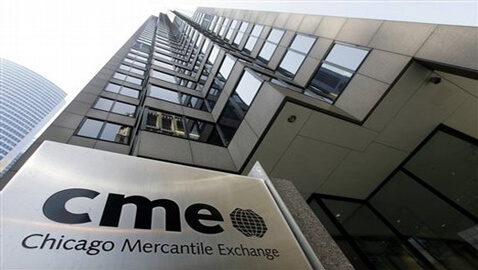
Eurex US, the German-owned exchange later became the U.S. Futures Exchange and began offering Treasury futures in February 2004, but failed to gain popular acceptance.
USFE argues in the lawsuit that the CME and CBOT had interfered with USFE’s application for regulatory approval – the judge did not buy it and threw it out. However, Zagel said that he would allow USFE to pursue other two key allegations: that CME and CBOT had interfered with USFE’s relationships with traders and had also conspired to prevent their new rival from obtaining effective clearing services.
USFE says it had obtained clearing services from CBOT’S outside clearinghouse, but subsequently CBOT forged an agreement preventing USFE from having ready access to an established liquidity pool for Treasury futures.
While CME and CBOT maintains castrating USFE and clearing trades for CBOT at CME was a simple business decision – USFE says it was a conspiracy. USFE also alleged that both CME and CBOT prevented traders from approaching USFE by “a campaign of threats and intimidation.” Later CME bought CBOT in 2007 forming CME Group Inc.
USFE was later bought by now-defunct futures brokerage MF Global, which ceased operations in 2008.
Zagel’s order said that each side would have to present their plans for discovery on August 7.






































